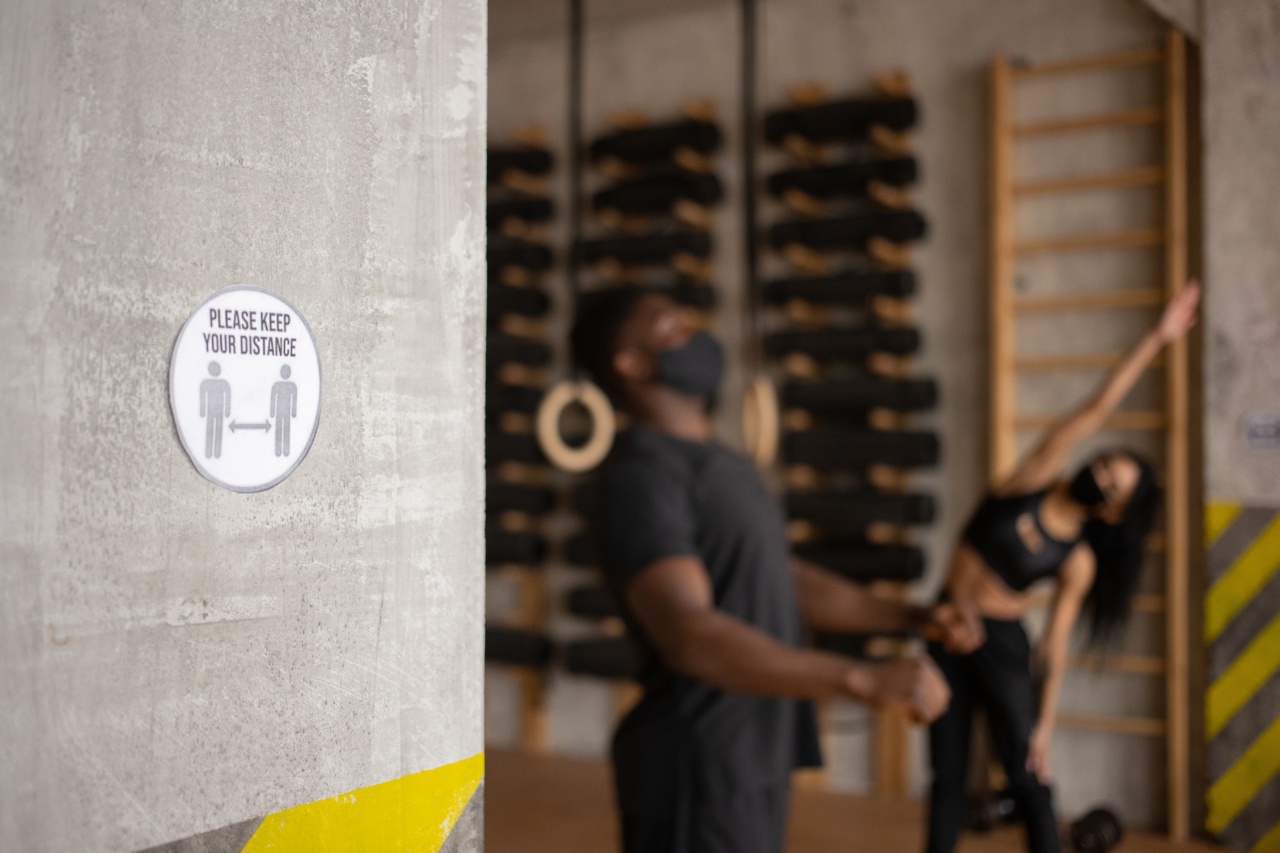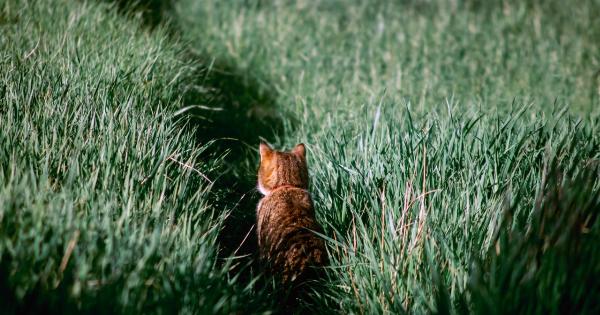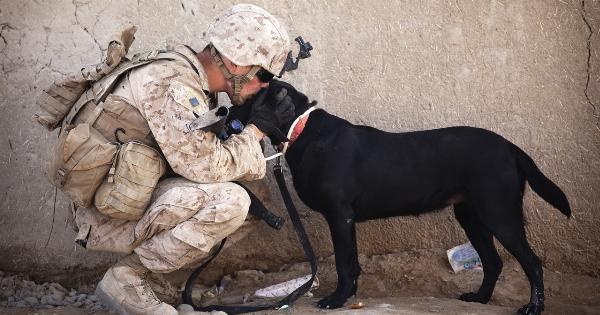Jealousy is not an emotion exclusive to humans; it is also observed in our beloved canine companions.
Dogs are known for their loyalty and affection towards their owners, but sometimes they can exhibit signs of jealousy, particularly when it comes to their owners’ relationships with other humans, including their partners.
Recognizing Signs of Jealousy in Dogs
Jealousy in dogs can manifest in various ways, and it’s important for dog owners to be able to identify these signs. Here are some common behaviors that may indicate your dog is experiencing jealousy towards your partner:.
1. Attention-seeking behavior
Jealousy can make dogs act out for attention. If your dog suddenly starts demanding more attention from you and trying to get between you and your partner, it could be a sign of jealousy.
2. Guarding behaviors
Some dogs may become possessive of their owners and show guarding behaviors when their owners show affection to someone else. They may growl, snap, or even attempt to push the other person away.
3. Clinginess
A jealous dog may exhibit excessively clingy behavior, always trying to be close to their owner and seeking constant reassurance.
They may follow you around the house, be reluctant to leave your side, or whine when you’re spending time with your partner.
4. Aggression towards your partner
In extreme cases, a jealous dog may display aggression towards your partner. This aggression can range from growling and barking to even biting. It’s crucial to address this behavior immediately to prevent any harm or potential accidents.
5. Destructive behavior
If your dog is feeling neglected or jealous, they may resort to destructive behavior as a way to express their frustration. This can include chewing furniture, shoes, or household items when you’re spending time with your partner.
Causes of Jealousy in Dogs
Understanding the root causes of jealousy in dogs can help dog owners address the issue more effectively. Here are some common reasons why dogs may experience jealousy towards their owners’ partners:.
1. Attention diversion
Dogs are used to being the center of their owners’ world, and when a new person enters the picture and takes away the attention, dogs may feel jealous and neglected.
2. Fear of abandonment
Dogs are highly attached to their owners and can become anxious or fearful when they sense changes in their routine or feel that they might lose their primary caregiver.
3. Protective instincts
Some dogs have strong protective instincts and may perceive their owners’ partners as a threat to their territory or their position within the household.
4. Lack of socialization
Dogs that haven’t been adequately socialized may struggle with sharing their owners’ attention with new people. This can lead to jealousy and other behavioral issues.
Tips for Dealing with Jealousy in Dogs
If your dog is exhibiting signs of jealousy towards your partner, here are some helpful tips to address the issue:.
1. Maintain a routine
Dogs thrive on routine, so try to maintain consistency in their daily schedule, including feeding times, exercise sessions, and quality time with you.
2. Allocate dedicated time for your dog
Set aside specific time every day to bond with your dog. Engage in activities that they enjoy, such as going for walks, playing fetch, or simply cuddling on the couch.
3. Involve your partner in activities
Encourage your partner to participate in activities with your dog. This can help your dog associate positive experiences and a sense of belonging with your partner’s presence.
4. Gradual introductions
If your dog seems uncomfortable or exhibits fear or aggression towards your partner, facilitate gradual introductions. Allow your dog to approach your partner at their own pace and reward positive behavior with treats and praise.
5. Obedience training
Investing time in obedience training can help establish your role as the pack leader and improve your overall bond with your dog. Training sessions also provide mental stimulation for your furry friend.
6. Seek professional help if needed
If your dog’s jealousy issues persist or escalate, consider seeking assistance from a professional dog trainer or behaviorist. They can provide tailored advice and guidance based on your specific situation.
Strengthening the Bond between Your Dog and Partner
Building a strong bond between your dog and partner is essential to mitigate any feelings of jealousy. Here are some strategies to foster a positive relationship between them:.
1. Encourage positive associations
Encourage your partner to associate themselves with positive experiences for the dog. This can involve giving treats, playing games, or taking them for walks together.
2. Use positive reinforcement
When your partner and dog interact positively, reinforce these interactions with praise, treats, or belly rubs. This will help your dog associate your partner’s presence with positive rewards.
3. Involve your partner in training sessions
Invite your partner to join in your dog’s training sessions. This will not only strengthen the bond between them but also establish your partner as an authoritative figure in your dog’s life.
4. Set boundaries
Establish clear boundaries for interactions with your dog. This ensures that your dog understands what is expected of them and helps prevent any potential jealousy or guarding behavior.
5. Avoid favoritism
Ensure that equal attention and affection are given to your dog by both you and your partner. This will prevent the dog from feeling neglected or left out.
Conclusion
Jealousy in dogs towards their owners’ partners is not uncommon, but it can be managed with patience and understanding.
By recognizing the signs of jealousy, addressing the underlying causes, and fostering positive relationships, dog owners can help their furry friends adapt to new dynamics and strengthen their bond with both their partners and their beloved dogs.






























